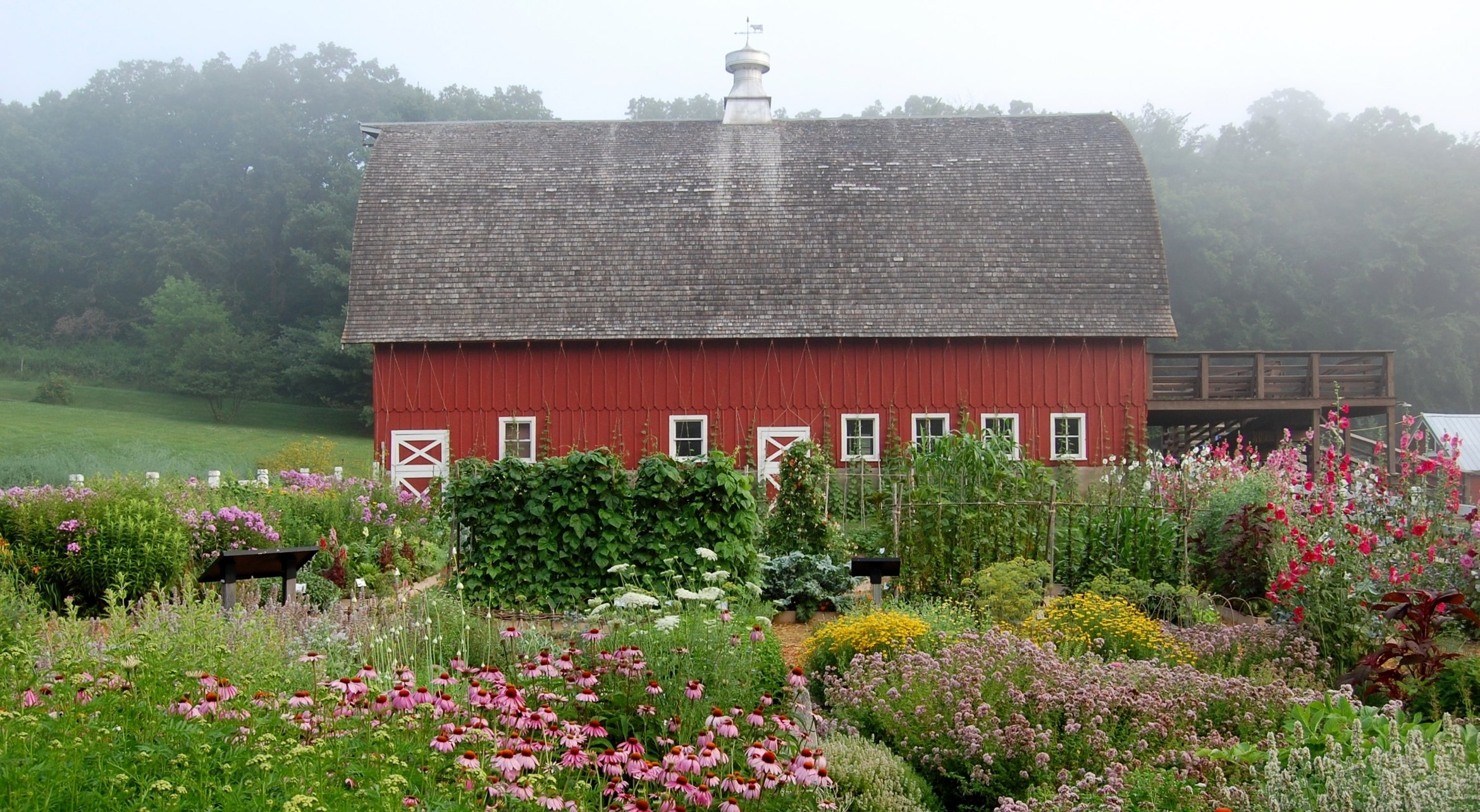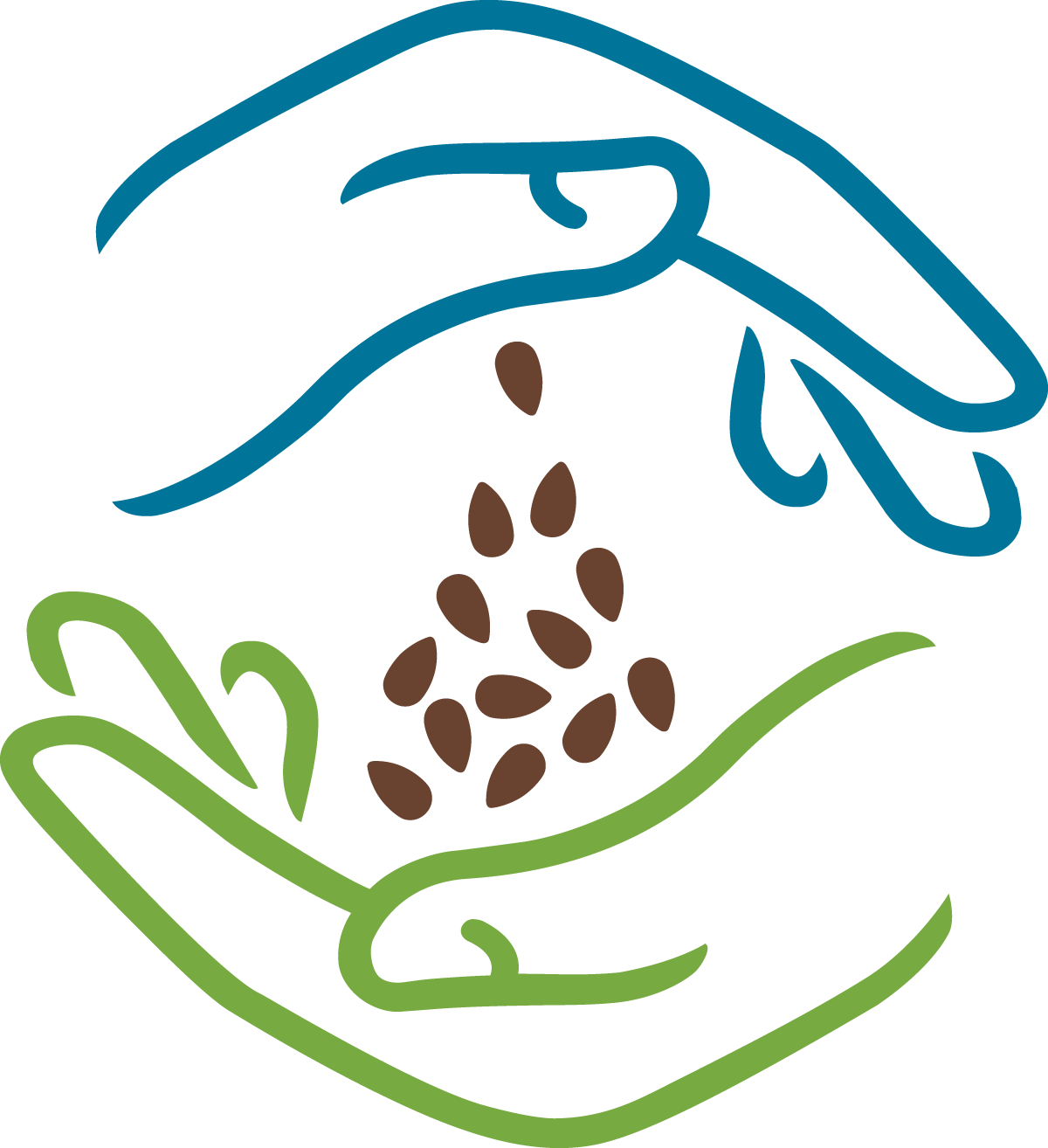The Heritage Farm Collection: 'Michels' cowpea
/The ‘Heritage Farm Collection’ debuted in the 2012 Seed Savers Exchange catalog and illustrates our latest efforts to move varieties from our seed vault to America’s dinner table.
The histories shared in the print catalog are a condensed summary of the full story. We have often collected a more complete history. We hope you enjoy this blog series, in which we publish full portraits of the varieties we are introducing (or re-introducing) in 2016.
Cowpea - 'Michels'
Green pods grow to 8-10” with 10-20 seeds per pod
Cream-colored seeds with brown mottling
Sprawling vines with purple flowers, matures mid-season
It is hard to imagine improving upon Tim O’Brien’s masterful short story, The Things They Carried, an account of the physical and emotional burdens shouldered by a Vietnam War platoon. However, none of the soldiers in that story were carrying seeds. Given the number of heirlooms in the SSE Collection acquired by soldiers (see Enrico Rao Arugula), we feel this is an oversight.
Donor Audrey Kreutzer (right).
Audrey Kreutzer shared ‘Michels’ cowpea with Seed Savers Exchange around 1990, but offered few historical details at that time. In 2012, SSE was able to reconnect with Audrey, who was then 96 years old, via her daughter-in-law Patricia Kreutzer.
Audrey said that in 1941, her brother, Vince Michels,’ army unit held maneuvers by walking from Ft. Leonard Wood, Missouri to Tennessee. During this march, Vince noticed they were walking through "a field of something planted with pods." Vince picked a few pods, and mailed them to his father, Fred Michels, in Earling, Iowa. Fred learned that the locals in Tennessee raised cowpeas for large animal feed. Fred planted several rows of the cowpea each year and continued to raise them as long as he could still garden.
Vince Michels served in the army with a young man named Otto Kreutzer from western Kansas. Vince introduced his sister, Audrey, to Otto. Audrey and Otto exchanged letters during the war and married soon after Otto returned. We did not ask which one of these gifts, Otto or the cowpea, Audrey Kreutzer appreciates most. We know she is fond of the cowpea.
Put it on the Dinner Table!
The Michels family used this cowpea for soup, soaking the cowpeas overnight, then cooking them with salt, pepper, and cream.
Grow it!
This crop can be direct seeded into warm soil after the last spring frost. If you sow a section or row every two or three weeks, you can get a continuous crop. Space your seeds 2-4 inches apart in well fertilized soil. Plant your seeds around 1 inch deep. As this plant grows it may need support in the form of a trellis to keep the vines off the ground. You won't need to fertilize this crop in order to get a healthy yield.
These plants prefer warm weather and soil so they should be grown when temperatures are over 68 degrees F. You should avoid watering them from above as damp leaves may be susceptible to disease.
The CORE Project
This project represents the efforts of our Preservation program to document our Collection through the Evaluation and the Collection Origins Research Effort (CORE).
The CORE project began in 2011. It is an effort to record the Collection’s cultural history by gathering, documenting, and sharing stewardship history. Our comprehensive Evaluation program began in 2010. Evaluation staff document Collection growouts, including morphological traits, photographs, taste evaluation, and purity assessment. These programs converge to give us a rich portrait of individual varieties in our Collection.
When we identify varieties with both a compelling story and outstanding performance traits, they are ‘short listed’ for consideration in the ‘Heritage Farm Collection.’ Most ‘Heritage Farm Collection’ introductions are either family heirlooms or historic commercial varieties that faded from commerce.
Seed Savers Exchange is a non-profit organization located in Decorah, Iowa, with a mission to conserve and promote America's culturally diverse but endangered garden and food crop heritage for future generations by collecting, growing, and sharing heirloom seeds and plants.
















